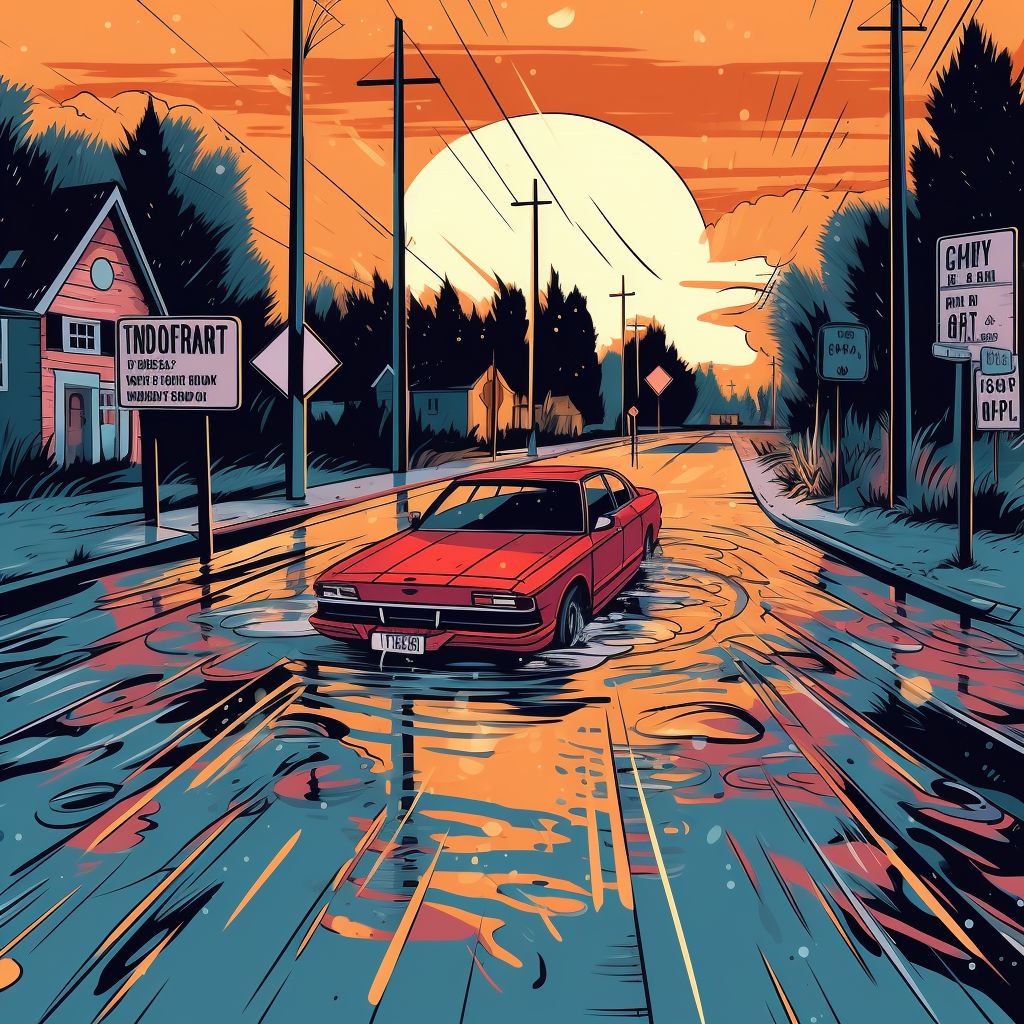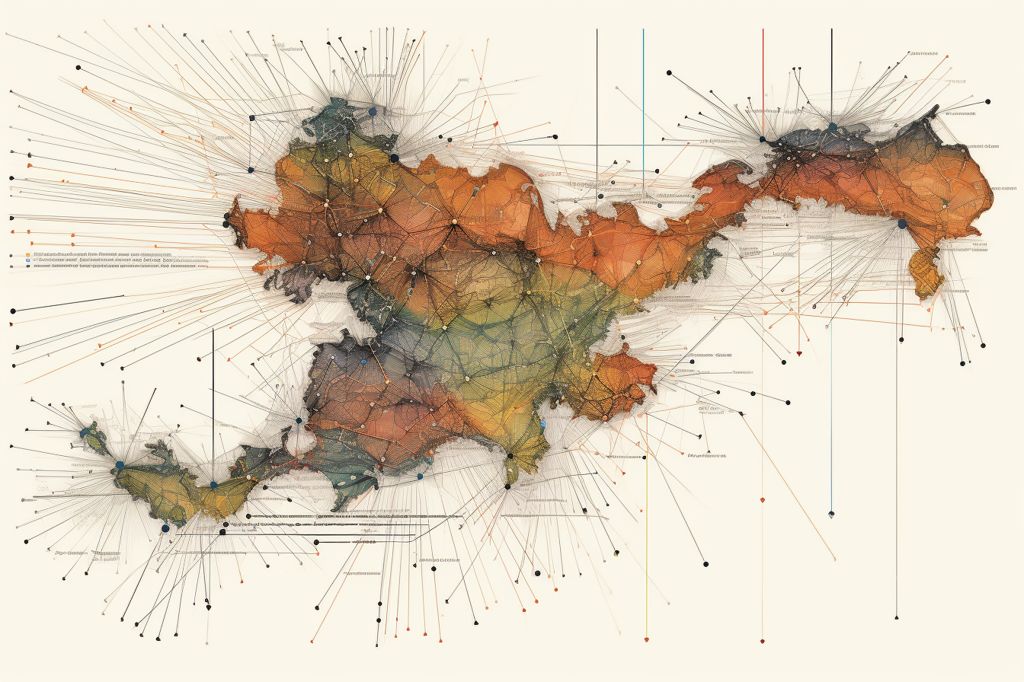The Minister of Communications and Digital Technologies, Mondli Gungubele, has announced a significant update on South Africa’s Broadcast Digital Migration (BDM) program. This long-awaited implementation aims to enhance the nation’s media services and release much-needed spectrum for future innovations.
ASO Date for South Africa
On June 20th, 2023, the Minister held a media briefing to discuss the Cabinet’s decision to move forward with the Analogue Switch-Off (ASO) date for South Africa. This marks a new era in the country’s media landscape as it transitions from analogue to digital broadcasting.
Challenges and Progress of BDM Program
South Africa has faced several obstacles and setbacks in the process of migrating from analogue to digital broadcasting. However, with the government’s commitment to modernizing the media sector, the nation is on track to achieving the BDM program’s objectives.
Benefits of Digital Migration
The digital switchover will bring enhanced picture and sound quality, access to more channels, and the ability to receive information on-demand to many South African households. Additionally, the transition will free up valuable spectrum, enabling the development of innovative communication solutions and services.
Bridging the Digital Divide
The BDM program’s progress is a testament to the government’s dedication to bridging the digital divide and ensuring that all South Africans have access to quality media services. This initiative aligns with global trends as many countries worldwide have already migrated to digital broadcasting.
Economic and Social Development
The digital migration is not just about improving television services but also about recognizing the potential of the digital landscape and leveraging it for greater economic and social development. By embracing this transformation, South Africa stands to gain a competitive edge in the global media market.
Smooth Transition
As the ASO date approaches, the government is working tirelessly to ensure a smooth transition for all stakeholders, from broadcasters to consumers. The Minister’s update serves as a reminder of the importance of this migration and the commitment to ushering South Africa into a new era of digital communication.
A Promising Future
The BDM program is a significant step forward in South Africa’s digital journey, promising a future of improved media services and economic growth. The ASO announcement marks the beginning of an exciting new chapter in the nation’s media landscape, offering unparalleled opportunities and prospects for innovation and development.











